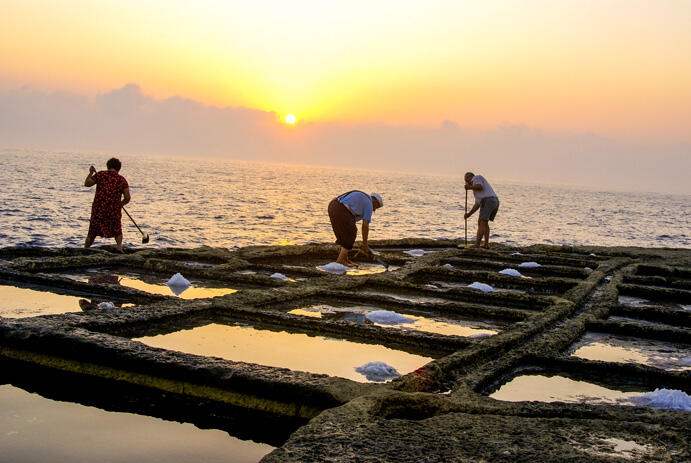The Malta Tourism Authority’s national scheme was launched in 2002 with the intention of creating more awareness and promoting good environmental practice amongst hotel operators. Ten years later the scheme evolved from a purely environmental scheme to one that promotes sustainability. The shift came about as a result of changing trends and the need to have a more holistic scheme which covers not just environmental good practice but also socioeconomic and cultural sustainability. This change also led to international recognition by the Global Sustainable Tourism Council.
The scheme is today made up of 89 criteria, 51 of which are mandatory plus a minimum of 50% of the remaining 38 voluntary criteria. The criteria are available on www.mta.com.mt/eco-certification and are split into 11 areas as listed below.
- Sustainability management system (7 mandatory criteria)
- Waste management (6 mandatory and 4 voluntary criteria)
- Purchasing (8 mandatory and 7 voluntary criteria)
- Control of chemicals (4 mandatory and 1 voluntary criteria)
- Energy (3 mandatory and 13 voluntary criteria)
- Water (7 mandatory and 4 voluntary criteria)
- Air quality (1 mandatory and 4 voluntary criteria)
- Noise (1 mandatory and 1 voluntary criteria)
- Building and green areas (5 mandatory and 2 voluntary criteria)
- Local culture & natural surroundings (4 mandatory criteria)
- Communication with customers (5 mandatory and 2 voluntary criteria)
The emphasis on sustainability can be found in several of the above-mentioned criteria. One such example of a criterion specifically aimed at sustainability is the one that requires that ‘the hotel actively supports initiatives for local infrastructure and social community development including, among others, education, training, health and sanitation’. In practical terms, education and training includes school visits and career exposure opportunities for secondary school children. These are organized jointly between the MTA and the Department for Education and can only be successful with the participation of hotels. One popular initiative that is organized to cover health is that the management of the hotel organizes a visit to the blood bank and staff voluntarily donate blood. An example of an environmental criterion is the one requiring that ‘guests are given the option to re-use their towels and bed linen’. Here it is not the staff participating but the guests and this is something we like to promote. Basically, the hotel needs to come up with innovative ways to encourage guests to participate in environmental and sustainability initiatives.
On launching the new criteria, free training was offered and delivered to all participating and applicant hotels. This was seen as a good first step to get various persons, representing different departments, on board and receptive to the scheme. The result was a success and it was soon evident that the scheme was becoming part of the hotel operations rather than a sideline scheme that left little impact on the day-to-day operations of the hotel.
Today, the Eco-Certification scheme represents over 17% of hotel accommodation (22 hotels) in the 5-star, 4-star and 3-star categories as well as 7 farmhouses located on the island of Gozo. The style of hotels varies covering city centre, countryside and resort hotels. Properties also vary in size, with both small hotels and larger ones being certified.
The assessment is carried out through third-party audits which take place every two years so as to ensure that hotels and farmhouses are meeting the requirements of the scheme. In 2012 the Eco-certification became a mandatory requirement for new hotels and two years later it also became a requirement for hotels taking advantage of the Height Limitation Adjustment Policy which allowed hotel development in qualifying tourism areas to exceed the building height limitation by two floors where the maximum allowable developable floor space has not been achieved or will not be exceeded. The scheme was also extended for farmhouse accommodation in 2013 and the first farmhouses were certified in 2014. The criteria were slightly adapted for farmhouse accommodation and free training was also offered to all interested owners or managers of farmhouse accommodation.
So what does the future hold for Malta’s Eco-Certification programme? Over the next few years we expect more hotels and farmhouses to participate in the scheme. We will also be updating our criteria to come in line with the new GSTC criteria. As the national entity responsible for tourism in the Maltese Islands, we also believe in providing free training, both on the criteria themselves, as well as on new trends in sustainability. In the past, this has helped hotels better meet the standards required by the scheme and also communicate better with their staff and guests regarding this important aspect of their operation.
Source: http://bit.ly/2xKm7Dl











